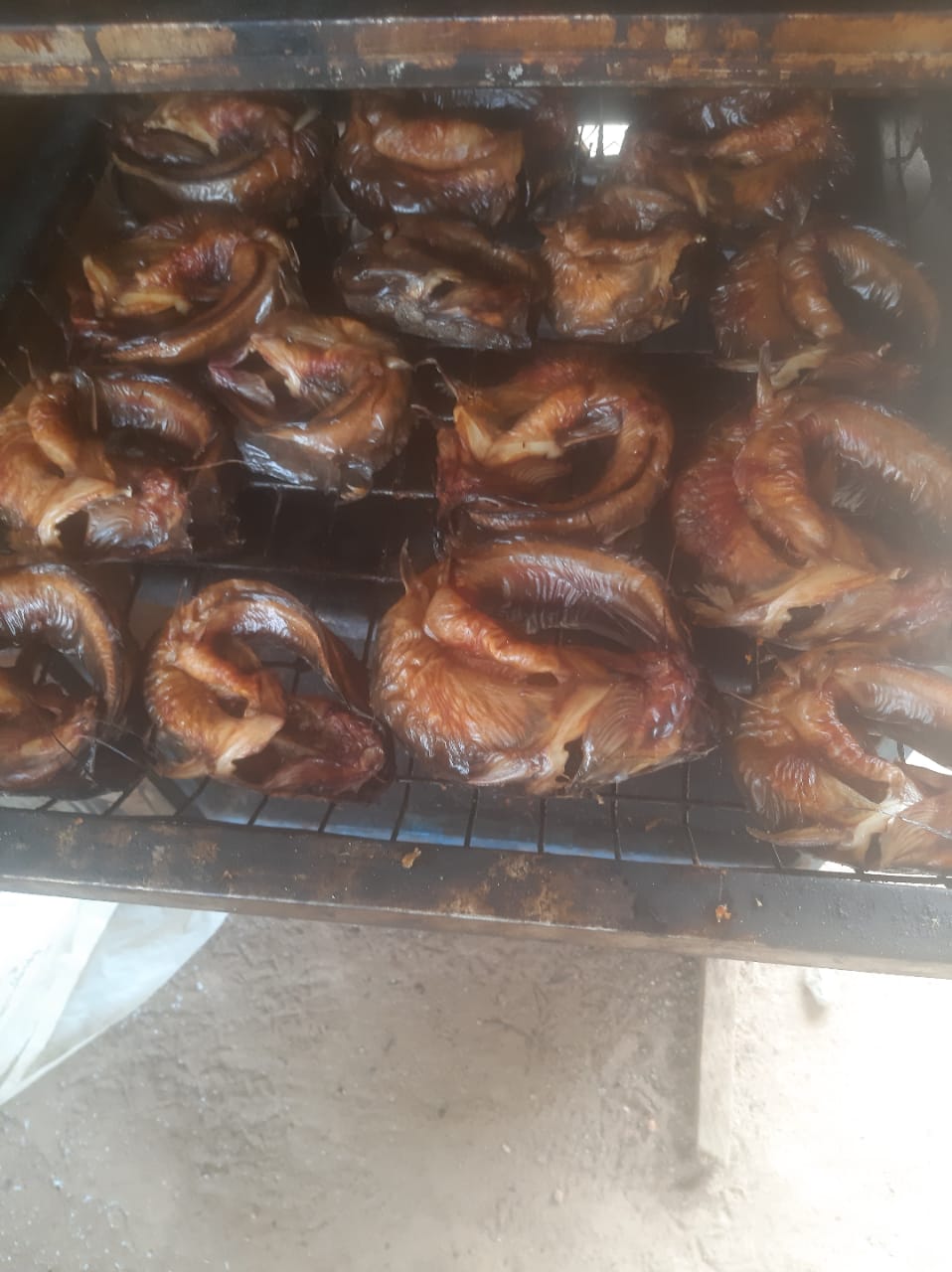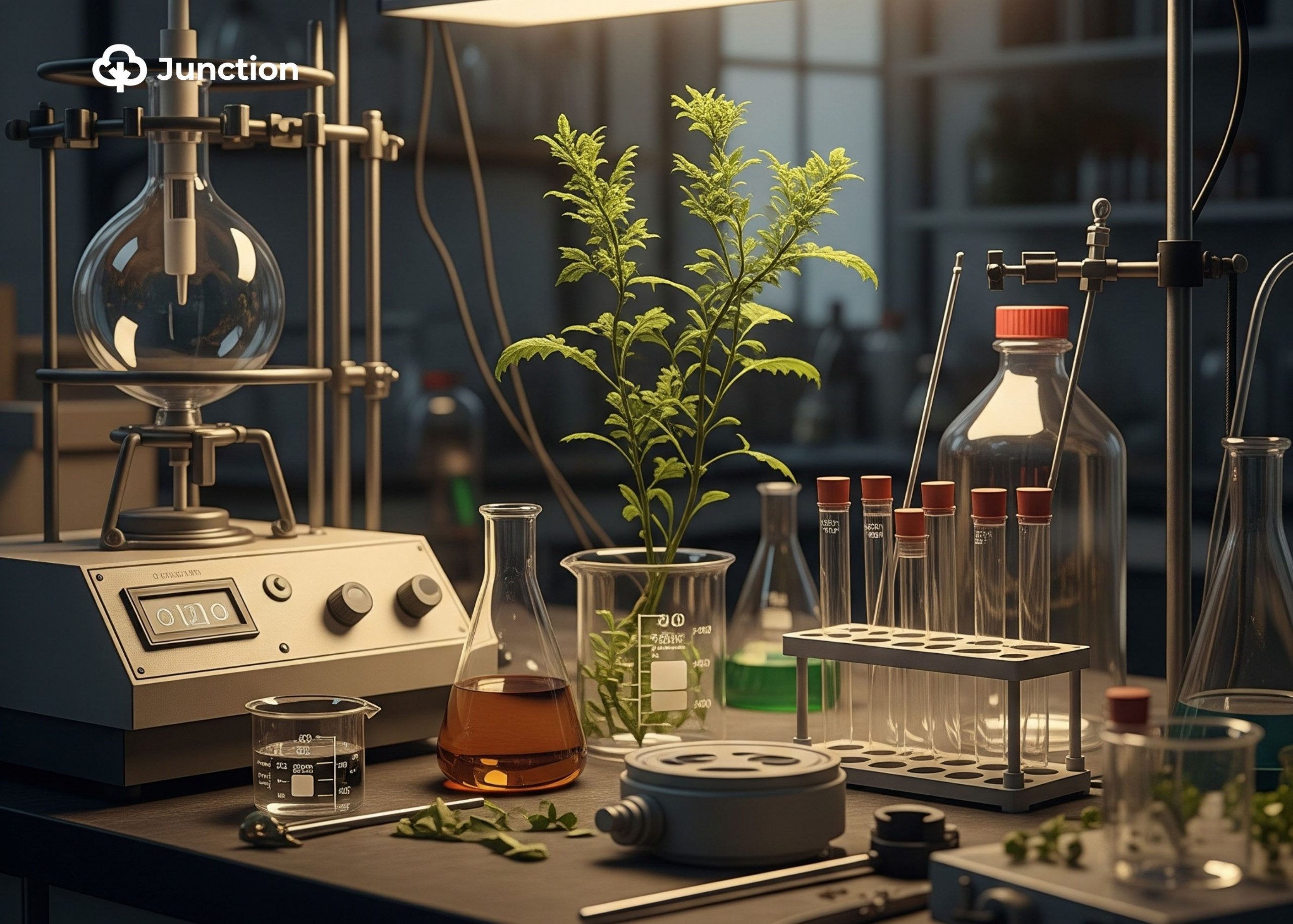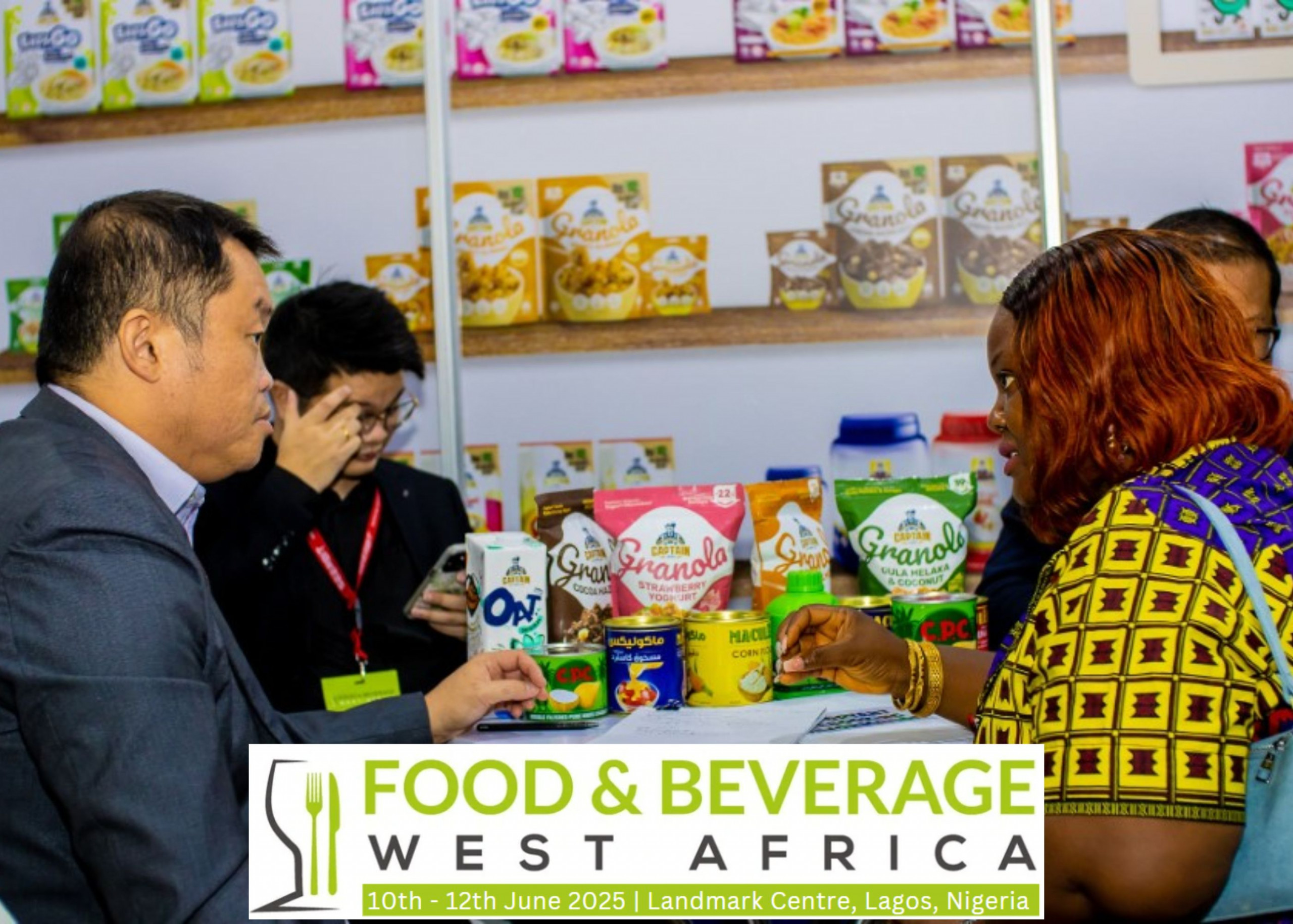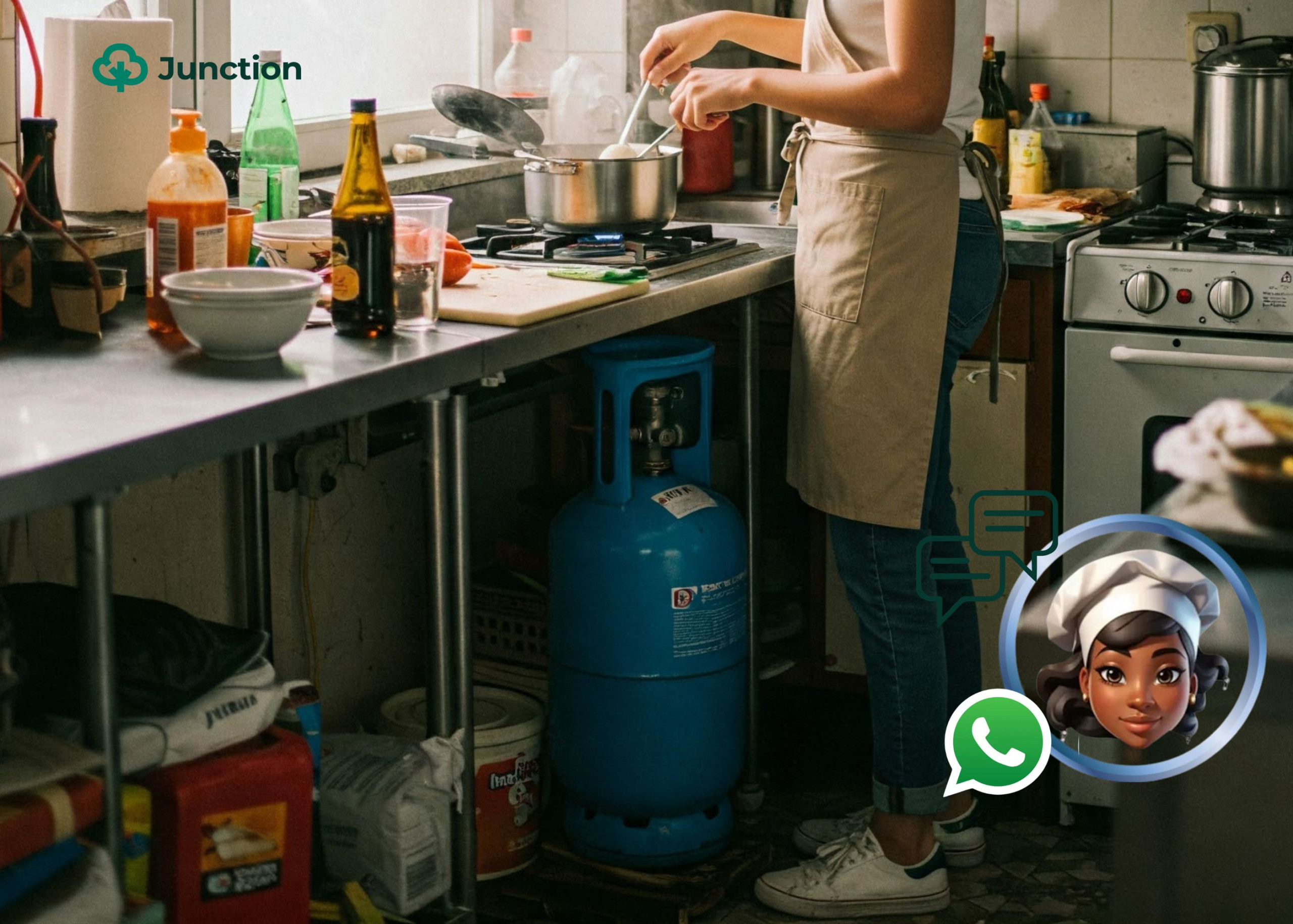Selling (and buying) in Nigeria is tough—buyers often lowball sellers by offering ridiculously low prices and the fear of losing to competitors often forces them to accept. In agriculture, it could be even more difficult due to several factors. Farmers could be desperate to sell before continued feeding costs drain their profits and they accept these low prices, leading to significant financial losses.
Mr Ifeoluwa Onigbinde, the CEO of Domintex Ventures, has refused to fall into this cycle. In this spotlight article, he shares the secret to maximising profit in an economy where the purchasing power of the masses is low. First, he tells us how he got into the fish business.
From small beginnings
Born in southwestern Nigeria, Ifeoluwa grew up in an environment where farming was a way of life. His father cultivated crops like plantain, yam, and pepper, instilling in him an appreciation for agriculture.
However, he developed a keen interest in aquaculture when his older brother established a fish farm in their family compound. Eventually, the responsibility of running the farm fell on Ifeoluwa’s shoulders when his brother left the country in 2022.
While his background in biochemistry from the Federal University of Technology, Akure (FUTA), helped him understand the science behind farming, running a business was a whole different challenge. He quickly learned that success required more than just technical knowledge. It demanded resilience, smart decision-making, and a solid financial strategy
One big challenge in the business was the rising cost of products. Inputs like feed, fingerlings and fuel have become expensive alongside logistics costs. Also, according to The Junction’s data, food prices have steadily climbed in Nigeria since 2023 and 2024 saw even more outrageous price surges. How did this entrepreneur navigate the troubled waters?
The soaring cost of fish farming and a lesson in value addition
Fish feed is the backbone of catfish farming, and its cost has been rising at an alarming rate. In 2023, a bag of feed cost ₦8,000, but by early 2025, the price had surged above ₦25,000. Despite this, the selling price of catfish had only increased marginally, making it nearly impossible for farmers to maintain profitability.
To survive, Ifeoluwa developed a feeding strategy that balanced quality with cost efficiency. For example, he started his fingerlings on high-quality Coppens feed for optimal early-stage development, then gradually transitioned them to cost-effective alternatives. Without compromising quality, this careful planning allowed him to maintain good growth rates while keeping costs under control.
To ensure sustainability, he partnered with a trusted fingerling farmer, securing a steady supply of healthy, high-growth-rate fish. When customers attempted to underprice him, he processed the fish himself using an industrial oven to dry them before packaging them for sale. By extending shelf life up to six months, he eliminated the pressure to sell immediately and gained leverage in pricing negotiations.

Thus, instead of selling live fish at exploitative rates, he invested in processing and smoking his fish, allowing him to store them longer and dictate his prices. By controlling more of the value chain, he turned a disadvantage into an advantage, ensuring his business remained profitable even when market conditions were unfavourable.
Value addition in catfish farming presents a significant opportunity for Nigerian farmers to increase profitability and reduce post-harvest losses. Smoked catfish is in high demand among Nigerians in the diaspora, providing a bigger customer base than what live products offer.
Beyond smoking, other value-added products such as catfish fillets, fish meal, and fish oil can further enhance profitability. Catfish fillets cater to urban consumers seeking convenience, while fish meal and oil are valuable in animal feed and cosmetics industries. By collaborating with agro-processors, and cooperative societies, or setting up small-scale processing units, Nigerian catfish farmers can move up the value chain and maximise returns.
What is the government’s role?
Government support in areas like training, equipment subsidies, and export facilitation can further boost value-addition efforts, making catfish farming a more lucrative and sustainable agribusiness.
While some government initiatives have helped, they often fall short of addressing the real struggles of fish farmers. Consider that the Lagos State government introduced farmer’s markets and subsidised feed programs, easing some of the burden. However, interventions such as distributing just two bags of feed per farmer barely scratch the surface of what is needed.
“Two bags of feed for a farm that requires 50? What’s that going to do?” Ifeoluwa questions. What farmers truly need, he insists, is access to low-interest loans and meaningful financial aid to scale their businesses without crippling debt.
Weathering major losses and bouncing back
Every farmer has faced losses, but for Ifeoluwa, one incident in early 2024 remains particularly painful. A simple oversight—forgetting to refill a pond after draining it—led to the death of nearly all his prized broodstock, fish that took time to mature and were meant for hatching. The financial loss was staggering, with over ₦400,000 gone in a single day. But rather than wallow in defeat, he picked himself up and started anew, selecting new broodstock and ensuring such a mistake never happened again. “Losses teach you, but they also test your resolve,” he reflects.
This agribusiness owner’s story reinforces the stereotype of the risks associated with raising animals for consumption.




[…] to sell immediately in fluctuating markets. Facebook+1Agriculture News Nigeria and the World+1Agriculture News Nigeria and the World. Moreover, diversifying into products like catfish fillets and fish meal caters to urban consumers […]